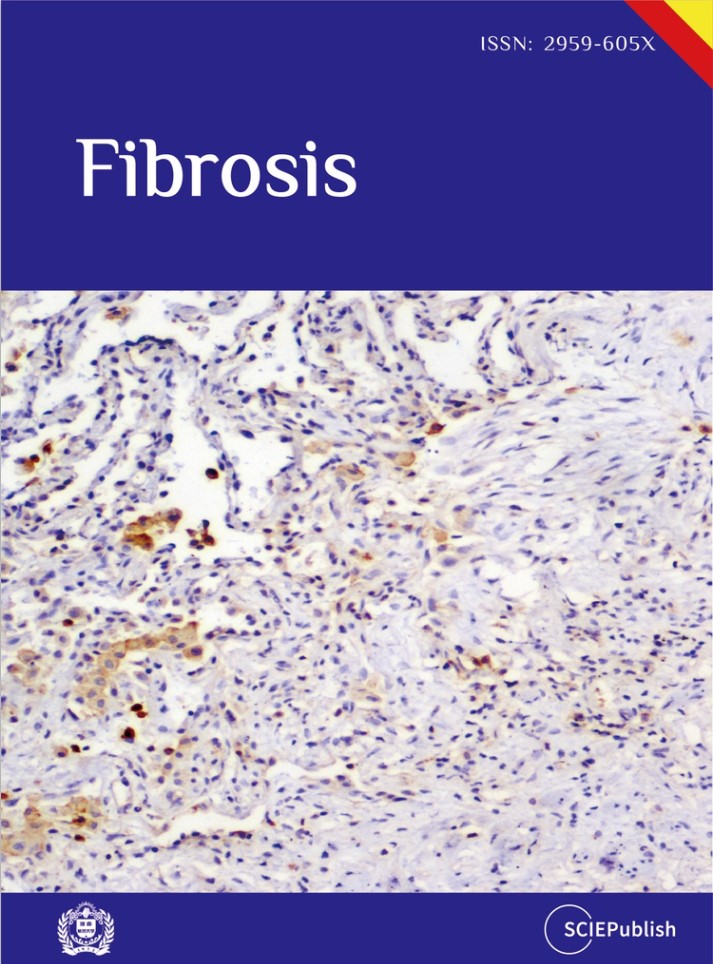Aims & Scope
Fibrosis is a devastating interstitial disease that can affect any organ and is responsible for up to 45% of all deaths in the industrialized world. A large proportion of these deaths could be prevented, but improving prevention and treatment outcomes requires accurate diagnosis, the development of effective and precise treatment modalities and a better understanding of the socioeconomic factors that affect Fibrosis incidence, prevalence and mortality.
Fibrosis aims to provide a unique forum through which the Fibrosis community will learn about the latest, most significant fibrosis-related advances across the life, physical, applied and social sciences. Areas of interest include fundamental, preclinical research that furthers our understanding of the mechanisms underlying scar initiation, propagation and progression; work aiming to translate this knowledge to the clinic by focusing on new approaches for the development and delivery of diagnostic and therapeutic modalities; clinical studies informing fibrosis diagnosis, treatment and prevention; and new ways of understanding the global societal impact of fibrosis.
In addition to publishing original research, Fibrosis will publish Comments, Reviews, News & Views, Features, Case Reports and Correspondence of high significance across the range of disciplines relating to fibrosis research.
Topics covered in the journal include:
- Fibrosis biology, encompassing fibrogenic and scar-suppressive mechanisms that deregulate molecular pathways and cellular processes, including scar-initiating cells/fibrocyte
- Fibrosis genetics and genomics, including functional genomics and the mechanisms underlying genome integrity, genomic instability and mutation
- Scar evolution and heterogeneity
- Scar–host interactions, including the scar microenvironment (molecular, cellular, physical) and systemic effects
- Scar immunology and immunotherapy
- Therapy, including design and delivery, targeted, combination and precision therapy and the study of therapy resistance
- Clinical work that informs Fibrosis diagnosis, treatment and prevention
- Fibrosis models and methodology to investigate, diagnose and treat Fibrosis
- Systems biology, including large-scale and single-cell omics and multi-omics approaches to characterise and study Fibrosis
www.sciepublish.com/journals/fibrosis
· Social, ethical and policy issues relating to Fibrosis research, prevention, diagnosis and treatment


